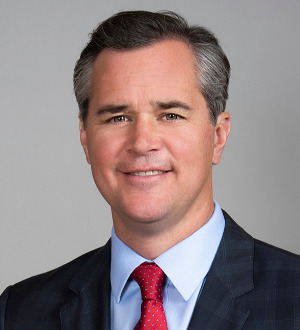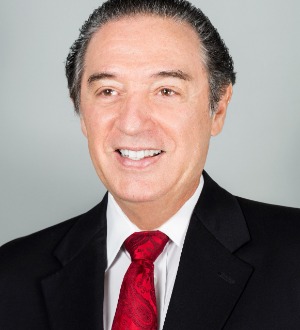2017 I 71 Vand. L. Rev. 1333 I M. Alex Carver and Susanna Rychlak
For full article with citations, please visit this link.
Abstract
On March 31, 2017, the Vanderbilt Law Review, in conjunction with the American Constitution Society, hosted a Symposium at Vanderbilt Law School entitled The Least Understood Branch: The Demands and Challenges of the State Judiciary. This Symposium began five months earlier at Emory University School of Law, where the Symposium's contributors gathered to discuss the importance and difficulties of studying state courts. This theme is reflected in the articles published in this Symposium issue.
The importance of state courts to the American system of justice can hardly be overstated. As Professors Tracey George and Albert Yoon recognize, "The work of courts in America is the work of state courts." Still, given federal court dominance in both legal scholarship and law school curricula, it seems appropriate to preface this Symposium on state courts with a reminder of their critical role in the American system of justice.
By almost any measure, state courts wield greater influence over the way Americans interact with the judicial system than do federal courts. Consider the raw number of cases filed in state and federal courts annually. In 2015, 86.2 million cases were filed in state courts. Compare this to the 361,689 cases filed in federal court that same year. State courts heard over 54 times more civil cases than federal courts and over 226 times more criminal cases. Consider also the number of state and federal judgeships: there are approximately 30,000 state judges in America, compared to only 1,700 federal judges. When individuals interact with the judicial system, it is overwhelmingly through state courts.
While federal courts may have a greater breadth of influence(since federal court rulings can change the law in multiple states or even the entire country), we should not forget the profound impact state courts have on the legal and political landscape of their respective states. For example, state courts in recent years "have struck down tort reform legislation, ordered state legislatures to equalize funding for public schools, and declared a state's death penalty unconstitutional." Though state courts are not the final expositors of our national law, their influence over American law and policy should not be understated.
The significance of state courts to the administration of justice should come as no surprise. From the beginning of our democracy, the Framers of the Constitution contemplated that state courts would play a central role in adjudicating disputes between individuals and between individuals and the state. This is seen most clearly through the Framers' decision-now known as "the Madisonian Compromise" - to make the creation of lower federal courts entirely optional. When one considers the optional nature of lower federal courts in our constitutional system combined with their limited jurisdiction, it becomes clear that the Framers envisioned a system in which the vast majority of disputes would be resolved in state courts. Though we have always opted to have lower federal courts, and though federal jurisdiction has expanded considerably since the founding era, state courts remain central to shaping the law that governs our lives. If the states are "laboratories of democracy" in our federal system, then state courts are vital components of those laboratories and play a critical role in state experimentation.
Notwithstanding their historic and contemporary importance, state courts remain woefully underexamined. Unlike the federal judiciary, state courts are disaggregated and evolve independently, often interpreting entirely different bodies of law. Thus, what makes these courts so dynamic also makes them difficult to study in a comprehensive manner. This difficulty, however, only underscores the need for more serious study of state judiciaries, inspiring this Symposium's title: The Least Understood Branch.
Despite these difficulties, the articles and the research in this Symposium have undertaken the laudable work of building a more comprehensive understanding of justice in state courts. By looking not only to the outcomes of state court cases but also to the systems that shape the very structure of state courts, this Symposium provides valuable insight for creating a more just system for the many millions of cases decided outside of federal courts each year.
The following articles cover a broad range of topics but are grouped into three primary sections: The Effects of Selection Method on Public Officials, Perceived Legitimacy and the State Judiciary, and The Power of New Data and Technology. The first Section explores the impact various selection methods have on the quality and ideological composition of public officials, as well as the factors that drive the adoption of particular selection methods in the first place. The second Section seeks to answer empirical questions about state court composition and its effects. And finally, the third Section highlights the ways new data and technology have the potential to revolutionize how we both study and interact with state courts. Each topic represents an area of crucial and evolving importance, and each article gives new insight into the often-opaque realm of state courts, ultimately laying the foundation for a continued, robust examination of the least understood branch.


























